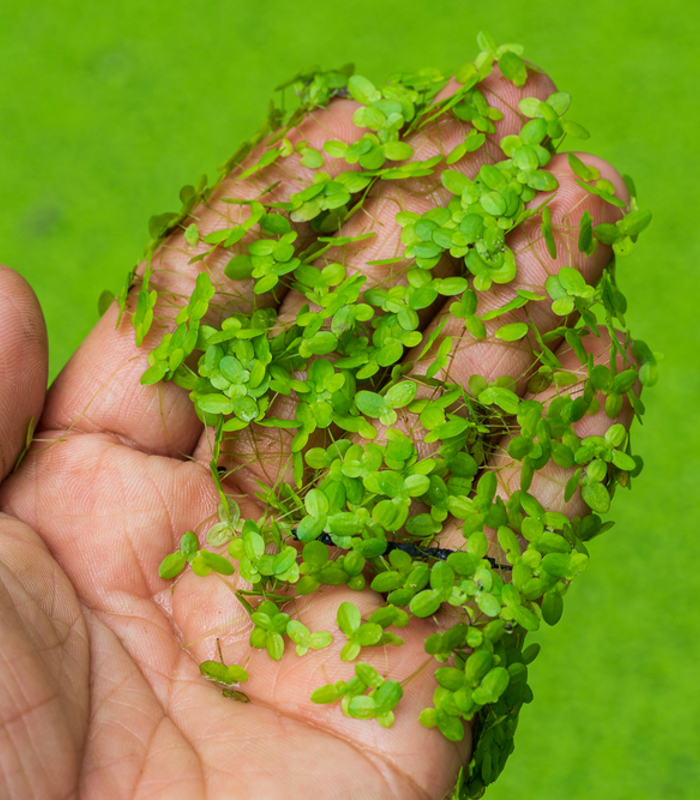In order to provide the world's current population with a source of sustainable protein, a protein transition is taking place from a reliance on animal protein to greater use of plant protein. This protein should preferably be sourced locally. Water lentils can play a key role in this transition, mainly thanks to its high nutritional value and the fact that it is relatively easy to grow and multiplies quickly. Water lentils are a very protein-rich crop and therefore offer a similar protein potential to legumes, such as peas, faba beans, and possibly even soy. In addition, water lentils contain high amounts of RuBisCo, a protein rich in essential amino acids.
To stimulate large-scale cultivation of water lentils in the Netherlands, the project focuses on four themes. Work package 1 will investigate the business case and LCA of cultivation by setting up a pilot-scale production system. Work package 2 will subsequently examine cost-effective drying techniques and various methods to improve the (sensory) quality of the biomass.
Work package 3 will study the nutritional and functional properties of water lentils and explore the various possibilities to use it as an ingredient in high-quality food products. The focus of the last work package (4) will be on disseminating knowledge. It is particularly important to communicate about all the developments surrounding this practically relevant innovation so that the general public is made aware of the substantial contribution water lentils can make to the current transition challenges that are facing the Netherlands.



